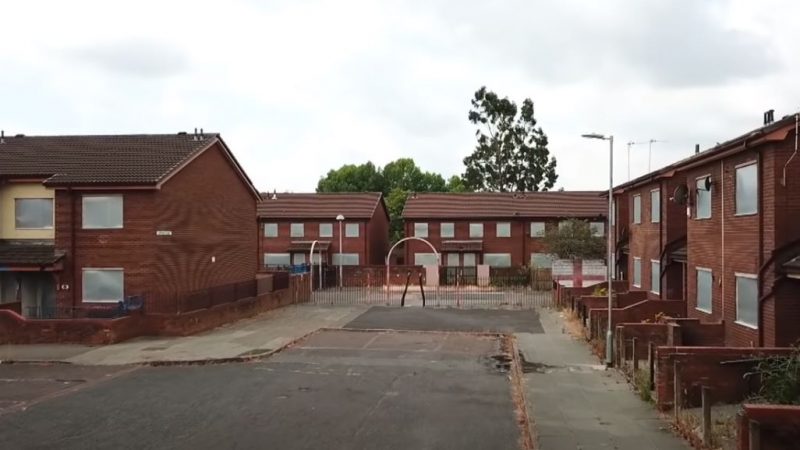‘The government cannot stand by and allow the rising cost of living to knock people off their feet,’ says the JRF, amid demands for the chancellor to hand out cash payments to help struggling families.

Two leading thinktanks – the Joseph Rowntree Foundation and the Social Market Foundation – are calling on the government to take urgent action and make immediate emergency payments to ease the pain of the cost-of-living crisis.
The Social Market Foundation (SMF) – a thinktank that works to promote evidence-based policy and cross-party cooperation in politics – says the Treasury should dismiss over-complicated solutions to the escalating crisis and make simple one-off cash payments to the millions of households being forced to choose between heating and eating this winter.
A simplified solution
Dr Aveek Bhattacharya, chief economist of the SMF, says the chancellor should just “write millions of cheques” to people facing a financial squeeze.
Dr Bhattacharya’s solution involves households comprising of basic tax-rate payers receiving a cheque for £300, and families on Universal Credit or other welfare benefits being handed £500 of support.
According to the economist, proposals being put forward to tackle the crisis, such as cutting VAT on fuel, supporting energy companies directly, and expanding the Warm Home Discount, would make energy cheaper and therefore encourage consumption.
Instead, Dr Bhattacharya is proposing a more simplified approach that is based on the US stimulus payment program that was available to eligible people during the pandemic.
According to the Supplemental Poverty Measure (SPM), the $400bn-plus of stimulus payments the US government distributed during the health crisis helped lift 11.7 million people out of poverty in 2020.
Clear that action is needed
Calling for similar measures to be made in the UK, Dr Aveek Bhattacharya, says that as millions of households face severe hardship, “it is clear that some action is needed.”
“But the government should avoid the temptation to over-complicate its response and muddle its environmental objectives by subsidising energy.
“Instead, it should make direct cash payments to households and leave them to figure out how best to address their needs. A ‘cost of living bonus’, with a higher payment for those on low incomes, would do a lot to help struggling families and clearly demonstrate that the government is on their side,” Bhattacharya continued.
The economist’s calls are made as the Joseph Rowntree Foundation (JRF) releases new analysis that shows households on low incomes will spend an average of 18% of their income after housing costs on energy bills after the rise due in April. For single adult households on low incomes, energy costs will equate to a staggering 54% of their income, an increase of 21% since 2019 – 20.
Rising levels of child poverty
The data is released alongside the publishing of JRF’s flagship state-of-the-nation report that shows rising levels of children growing up in poverty in Britain. The report reveals around 1.8m children are being brought up in deep poverty, meaning that a family’s household income is so low they cannot afford to cover essential basics. The rise represents an increase of half a million more children between 2011 – 12 and 2019 – 20.
The foundation is calling for an immediate emergency payment for people on the lowest income to help prevent hardship in forthcoming months.
‘Should shame us all’
Kate Schmuecker, deputy of policy and partnerships at the JRF, commented: “The reality for many families is that too many children know the constant struggle of poverty. The fact that more children are in poverty and sinking deeper into poverty should shame us all.
“The case for targeting support to help people on the lowest incomes could not be clearer. But this must go hand in hand with urgent action to strengthen our social security system, which was woefully inadequate even before living costs began to rise.
“Our basic rate of benefits is at its lowest real rate for 30 years and this is causing avoidable hardship. The government must do the right thing and strengthen this vital public service.
“Rising energy prices will affect everyone, but our analysis shows they have the potential to devastate the budgets of families on the lowest incomes. The government cannot stand by and allow the rising cost of living to knock people off their feet,” Schmuecker added.
Gabrielle Pickard-Whitehead is a contributing editor to Left Foot Forward
To reach hundreds of thousands of new readers we need to grow our donor base substantially.
That's why in 2024, we are seeking to generate 150 additional regular donors to support Left Foot Forward's work.
We still need another 117 people to donate to hit the target. You can help. Donate today.



